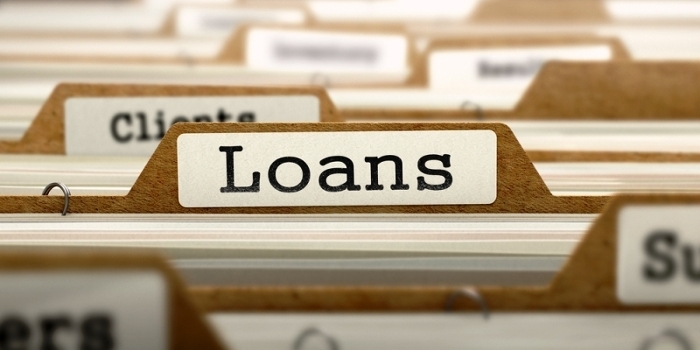
Audio By Carbonatix
The Institute of Statistical, Social and Economic Research (ISSER), has cautioned the government to suppress its appetite for high-interest loans.
The Director of ISSER, Professor Peter Quartey noted that Ghana’s ongoing US$3 billion loan-support programme with the International Monetary Fund (IMF) could soon position the country to access loans on the capital market.
He said this in an interview with the media after a discussion on “Ghana’s public debt management: facts, impact, and the way forward,” in Accra.
The Economist cautioned that: “When we go to the capital market, we borrow at six, seven, or eight per cent - that is a recipe for disaster because repayment becomes a big challenge.”
He urged the government to be more aggressive in raising domestic revenue by wetting the appetite of Ghanaians to willingly pay taxes, rake in more Foreign Direct Investments (FDIs), and show evidence of prudent expenditure.
He explained that financing Ghana’s development required generating enough revenue, including Foreign Direct Investments (FDIs), which the country had not performed well in over the years, making it go for capital market loans and IMF support programmes.
He asked the government to resort to concessional loans, which offered interest rates between one and three per cent, saying such circumstances would be better and create avenues for Ghanaians to easily pay taxes at affordable rates.
The Economist noted that just about one million Ghanaians paid taxes, therefore government’s efforts at digitising the processes of paying taxes was a good signal for compliance.
“People are not willing to pay tax and we’re told that if you move out of Accra to other places, very few people pay taxes, so, until we strictly enforce the law, we won’t generate enough revenue,” he said.
He spoke about the need for government to make Ghanaians voluntarily pay taxes by making the citizenry have evidence of the benefits of paying their taxes through the provision of quality social services.
“If I pay property tax, yet have to pay for private refuse collection, and the streetlight is not functioning, then people start to question, where does the money go to?”he quizzed.
Data contained in the mid-year fiscal policy review of the 2023 budget statement shows that the country’s total revenue and grants for the first half of the year was GH₵59.3 billion.
That represents 7.4 per cent of Gross Domestic Product (GDP), and 8.4 per cent below the target of GH₵64.7bn, which is 8.1 per cent of GDP.
Total expenditure stood at GH₵68.5bn (8.6 per cent of GDP), which was 26.3 per cent below the programmed expenditure of GH₵92.9 billion (11.6 per cent of GDP).
Ghana Investment Promotion Centre (GIPC) data also shows that FDI for the first half of 2023 was US$229.82 million, lower than the US$279.51m recorded for the same period in 2022, representing a decline of approximately, 18 per cent.
Latest Stories
-
Adom FM’s ‘Strictly Highlife’ lights up La Palm with rhythm and nostalgia in unforgettable experience
2 hours -
Ghana is rising again – Mahama declares
5 hours -
Firefighters subdue blaze at Accra’s Tudu, officials warn of busy fire season ahead
6 hours -
Luv FM’s Family Party In The Park ends in grand style at Rattray park
6 hours -
Mahama targets digital schools, universal healthcare, and food self-sufficiency in 2026
6 hours -
Ghana’s global image boosted by our world-acclaimed reset agenda – Mahama
6 hours -
Full text: Mahama’s New Year message to the nation
6 hours -
The foundation is laid; now we accelerate and expand in 2026 – Mahama
7 hours -
There is no NPP, CPP nor NDC Ghana, only one Ghana – Mahama
7 hours -
Eduwatch praises education financing gains but warns delays, teacher gaps could derail reforms
7 hours -
Kusaal Wikimedians take local language online in 14-day digital campaign
8 hours -
Stop interfering in each other’s roles – Bole-Bamboi MP appeals to traditional rulers for peace
8 hours -
Playback: President Mahama addresses the nation in New Year message
9 hours -
Industrial and Commercial Workers’ Union call for strong work ethics, economic participation in 2026 new year message
10 hours -
Crossover Joy: Churches in Ghana welcome 2026 with fire and faith
11 hours

